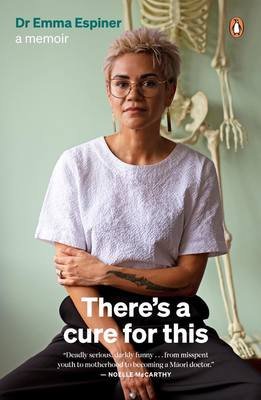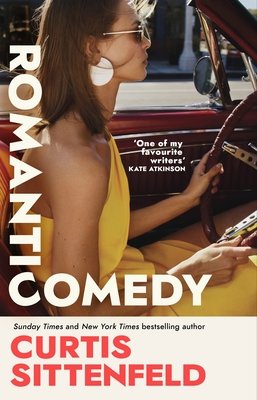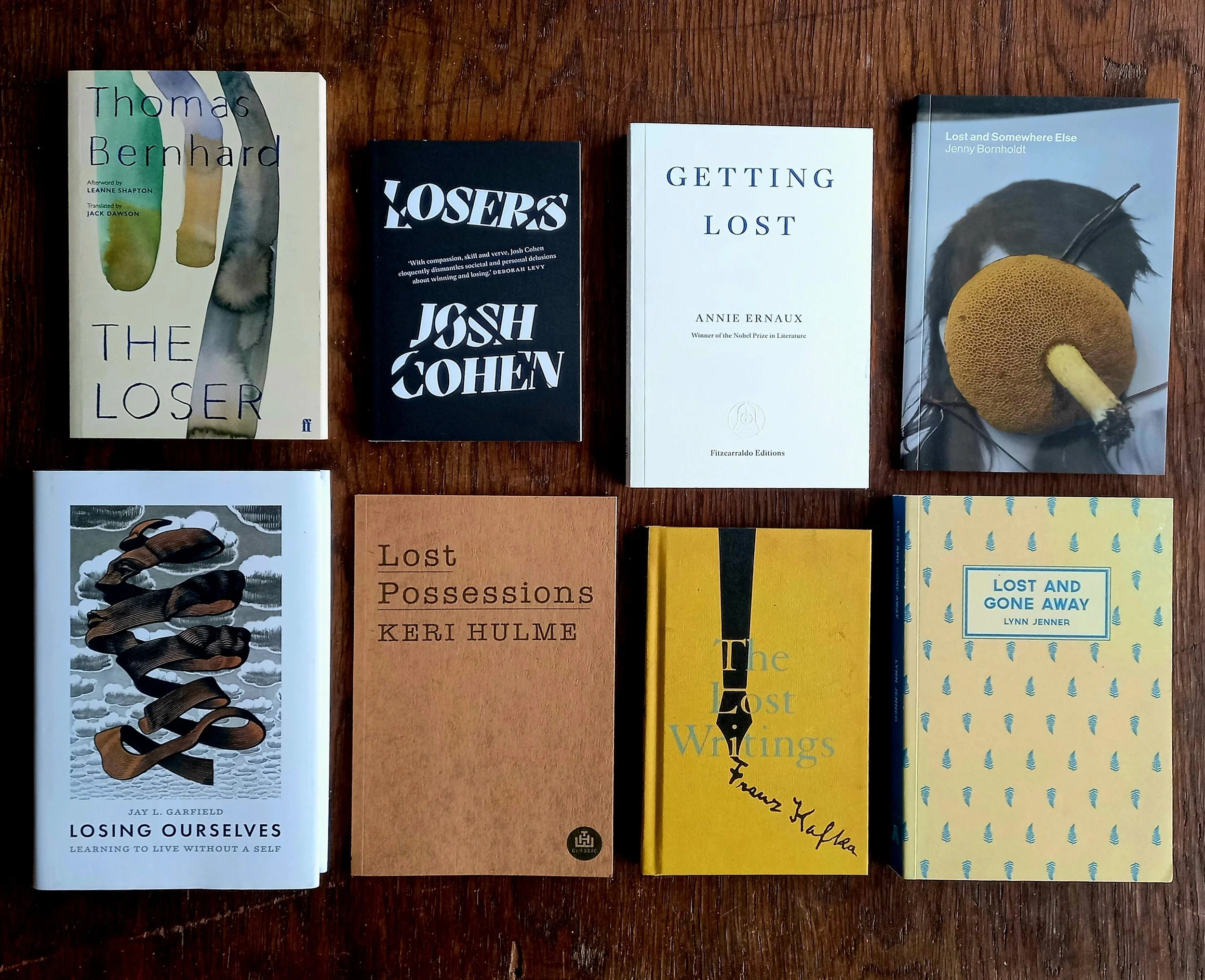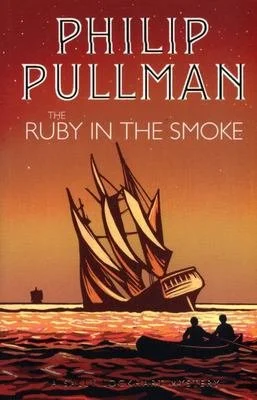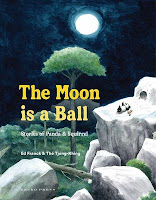Wall by Jen Craig $33
A woman returns to Australia to clear out her father's house, with an eye to transforming the contents into an art installation in the tradition of the revered Chinese artist Song Dong. What she hasn't reckoned with is the tangle of jealousies, resentments, and familial complications that she had thought, in leaving the country, she had put behind her — a tangle that ensnares her before she arrives.
”Wall is an extraordinarily compacted work of rich complexity, humour, and sadness. Its narrator's steadfast desire to explain herself, to clarify the seemingly unclarifiable, is as close to mirroring the roiling momentum of real consciousness that I've read in a modern novel. When I read Jen Craig I find it impossible to imagine a better way to capture the mysterious workings of the mind — its inadvertent epiphanies, its loose but determined associations, its cruelly recurring entrapments — without writing just like her. But no one else could.” —Shaun Prescott
"Every new novel by Jen Craig is cause for celebration. They are a reminder that literature is still being written in the English language.” —Mauro Javier Cárdenas
>>”Vast ambition and meticulous execution.”
>>’Waste Not’ by Song Dong.
>>’Haze’.
>>Read Thomas’s review of Panthers and the Museum of Fire.
Of Cattle and Men by Ana Paula Maia (translated by Zoë Perry) $38
Animals go mad and men die (accidentally and not) at a slaughterhouse in an impoverished, isolated corner of Brazil. In a landscape worthy of Cormac McCarthy, the river runs septic with blood. Edgar Wilson makes the sign of the cross on the forehead of a cow, then stuns it with a mallet. He does this over and over again, as the stun operator at Senhor Milo's slaughterhouse: reliable, responsible, quietly dispatching cows and following orders, wherever that may take him. It's important to calm the cows, especially now that they seem so unsettled: they have begun to run in panic into walls and over cliffs. Bronco Gil, the foreman, thinks it's a jaguar or a wild boar. Edgar Wilson has other suspicions. But what is certain is that there is something in this desolate corner of Brazil driving men, and animals, to murder and madness.
"Brutal yet gripping, as if Cormac McCarthy penned an anti-meat noir." —Kirkus
>>Read an extract.
Fungi of Aotearoa: A curious forager’s guide by Liv Sisson, with photographs by Paula Vigus $45
Enter and explore the fascinating world of fungi. In this very clear and informative, practical up-to-date guide, forager and fungus enthusiast Liv Sisson shares her top tips and takes the reader on a journey to discover the unique and diverse fungi Aotearoa has to offer. Discover how to identify the best edible varieties, and how to cook with them, how these incredible organisms have shaped the world as we know it, and the role they are playing in modern medical and environmental research. Featuring full-colour photographs, fun facts and current descriptions of over 130 species (including our brilliant blue national fungus, werewere kokako), Fungi of Aotearoa is packed full of information and advice that will delight armchair enthusiasts, backcountry explorers and budding experts alike.
>>Look inside!
The Patriarchs: How men came to rule by Angela Saini $38
Angela Saini goes in search of the true roots of what we call patriarchy, uncovering a complex history of how it first became embedded in societies and spread across the globe from prehistory into the present.
Travelling to the world's earliest known human settlements, analysing the latest research findings in science and archaeology, and tracing cultural and political histories from the Americas to Asia, she overturns simplistic universal theories to show that what patriarchy is and how far it goes back really depends on where you live. Despite all the push back against sexism, abuse, and discrimination in our own time, even revolutionary efforts to bring about equality have often ended in failure and backlash. Saini ends by asking what part we all play — women included — in keeping patriarchal structures alive, and why we need to look beyond the old grand narratives to understand how it persists in the present.
”The Patriarchs is a hopeful, essential read, not just for feminists, but for anyone with a stake in existence. I learned something new on every page of this totally essential book. And for such a serious topic, I was surprised to be greatly entertained too. Angela is the best possible guide.” —Sathnam Sanghera
”Bold, incisive, and beautifully told, The Patriarchs is a truly riveting investigation into the origins and consequences of structural power. The depth and originality of Angela Saini's thought and research is breath-taking, and world-changing. A phenomenally important and deeply enjoyable book.” —Elinor Cleghorn
The Gospel According to the New World by Maryse Condé (translated by Richard Philcox $43
A miracle baby is rumoured to be the child of God. Caribbean author Maryse Condé follows his journey in search of his origins and mission. Baby Pascal is strikingly beautiful, brown in complexion, with grey-green eyes like the sea. But where does he come from? Is he really the child of God? So goes the rumour, and many signs throughout his life will cause this theory to gain ground. From journey to journey and from one community to another, Pascal sets off in search of his origins, trying to understand the meaning of his mission. Will he be able to change the fate of humanity? And what will the New World Gospel reveal?
”The book borrows from the tradition of magical realism and draws us into a world full of colour and life. This is a book that succeeds in mixing humour with poetry, and depth with lightness.” —judges’ citation, short-listing the book for the 2023 International Booker Prize
>>Read an extract.
>>Intimate enemies.
>>The author’s voice.
>>Other books on the 2023 International Booker Prize short list.
Sewer (‘Object Lessons’ series) by Jessica Leigh Hester $23
What can underground pipes tell us about human eating habits and the spread or containment of disease, such as COVID-19? Why are sewers spitting out plastic and trash into waterways around the world? How are clogs getting gnarlier and more numerous? Jessica Leigh Hester leads readers through the past, present, and future of the system humans have created to deal with our own waste and argues that sewers can be seen as a mirror to the world above at a time when our behaviors are drastically reshaping the environment for the worse. Sifting through the muck offers a fresh way to approach questions about urbanization, public health, infrastructure, ecology, sustainability, and consumerism — and what we value. Without understanding sewers, any attempt to steward the future is incomplete.
>>Other books in the ‘Object Lessons’ series.
The Deck by Fiona Farrell $37
During a time of plague and profound social collapse, a group of friends escape to a house in the country where they entertain themselves by playing music, eating, drinking and telling stories about their lives. The Deck borrows the motifs of Giovanni Boccaccio's 14th-century masterpiece The Decameron to tell the story of another small group gathered in a bay on Banks Peninsula during a time, a little way off in the future, of contagion and global catastrophe. What is the role of fiction, this novel asks, as civilisation falters? What is the point of inventing stories when reality so eclipses what we can imagine?
”The evocative nature writing, the nuanced points of view, and the sharpness and clarity of the non-fiction wraparound sing the The Deck to vivid life. Flashes of wit and humour sparkle through the text. The Deck is a modern masterpiece of invention and curated facts by a writer at the height of her powers, a luminous intelligence and compassion shining forth from every page.” —Aotearoa New Zealand Review of Books
>>Lynn Freeman reviews the book.
Space Crone by Ursula K. Le Guin $45
Witness to the twentieth century’s rebellions and upheavals, including women’s liberation, the civil rights movement and anti-war and environmental activism, Le Guin continued to fight for social and environmental justice throughout her life. The book shows the development of Le Guin’s expansive, multilayered and deeply radical feminist consciousness. Famous for her experiments in imagining society where gender is irrelevant in novels such as The Left Hand of Darkness, Le Guin’s feminism kept ahead of the times to reimagine gender in a non-essentialising way. Her feminism developed from its roots in her ecological, anti-war and anti-nuclear activism, to her self-education about racism and her writing about ageing.
There’s a Cure for This: A memoir by Emma Espiner $35
Encompassing whānau, love, death, '90s action movies and more, Espiner charts her life in a dozen poised, interconnected chapters, from her childhood shuttling between a 'purple lesbian state house and a series of man-alone rentals' to navigating parenthood on her own terms; and from the quietly perceived inequities of her early life to hard-won revelations as a Māori medical student and junior doctor during the Covid-19 pandemic.
>>What makes a doctor?
>>Why become a doctor?
The Road: A story of Romans and ways to the past by Christopher Hadley $38
In the beginning was Watling Street, the first road scored on the land when the invading Romans arrived on a cold and alien Kentish shore in 43 CE. Campaign roads rolled out to all points of the compass, forcing their way inland and as the Britons fell back, the roads pursued them relentlessly, carrying troops, supplies and military despatches. In the years of fighting that followed, as the legions pushed onwards across what is now England, into Wales and north into Scotland in search of booty, mineral wealth, land and tribute, they left behind a vast road network, linking marching camps and forts, changing the landscape, etching the story of the Roman advance into the face of the land, still channelling people’s lives today.
On the Origin of Time: Stephen Hawking’s last theory by Thomas Hertog $40
Perhaps the biggest question Stephen Hawking tried to answer in his extraordinary life was how the universe could have created conditions so perfectly hospitable to life. Pondering this mystery led Hawking to study the big bang origin of the universe, but his early work ran into a crisis when the maths predicted many big bangs producing a multiverse — countless different universes, most of which were far too bizarre to harbour life. Holed up in the theoretical physics department at Cambridge, Stephen Hawking and his friend and collaborator Thomas Hertog worked shoulder to shoulder for twenty years on a new quantum theory of the cosmos. As their discoveries took them deeper into the big bang, they were startled to find a deeper level of evolution in which the physical laws themselves transform and simplify until particles, forces, and even time itself fades away. Once upon a time, perhaps, there was no time. This led them to a revolutionary idea — the laws of physics are not set in stone but are born and co-evolve as the universe they govern takes shape.
Glimpse by Jane Higgins $24
The city authorities have abandoned the D-Zone as damaged beyond repair. It's a no-go area where ongoing earthquakes threaten to destroy what's left. But Jonah and Bas and everyone else trying to survive in the devastation there can't leave-they're 'illegals', without citizenship, without rights. Jonah can see the quakes - before the ground shudders and grinds, before the buildings fall. Glimpsing is a rare ability and a great survival asset. It has attracted the attention of the entertainment company GlimpseCorp and the cult movement People for a New Nation. Both are desperate to control and cash in on this remarkable power. When Bas joins People for a New Nation and disappears, Jonah knows his friend is in great danger. And he knows that GlimpseCorp, with its reality TV program, offers a way to save him-and a way to bring new hope to the people of the D-Zone. But Jonah's plan puts everything, including his own life, at risk.
The Sparrow by Tessa Duder $22
In September 1840, two ships arrive on the shores of the Waitemata Harbour to establish Auckland, the new capital of New Zealand. Among the settlers on board the Platina is young Harry, travelling alone and determined to return to family in England. But the more immediate challenge is finding food and shelter - and hiding the truth about Harry's real identity and what was left behind in Van Diemen's Land.
Romantic Comedy by Curtis Sittenfeld $37
With a series of heartbreaks under her belt, Sally Milz — successful TV script writer for a legendary late-night TV comedy show — has long abandoned the search for love. But when her friend and fellow writer begins to date a glamorous actress, he joins the growing club of interesting but average-looking men who get to date accomplished, beautiful women. Sally channels her annoyance into a sketch, poking fun at this 'social rule'. The reverse never happens for a woman. Then Sally meets Noah, a pop idol with a reputation for dating models. But this isn't a romantic comedy — it's real life. Would someone like him ever date someone like her? Sittenfeld, as always, skewers all our clicheed preconceptions about the dynamics of relationships.
>>”Anyone who ever reads Sittenfeld will read anything she ever writes.” —The Times









